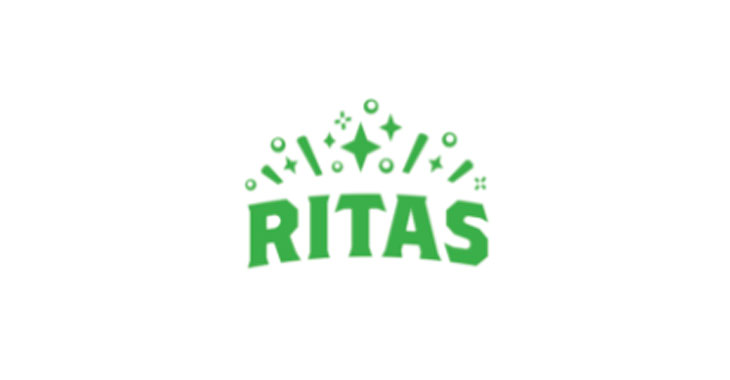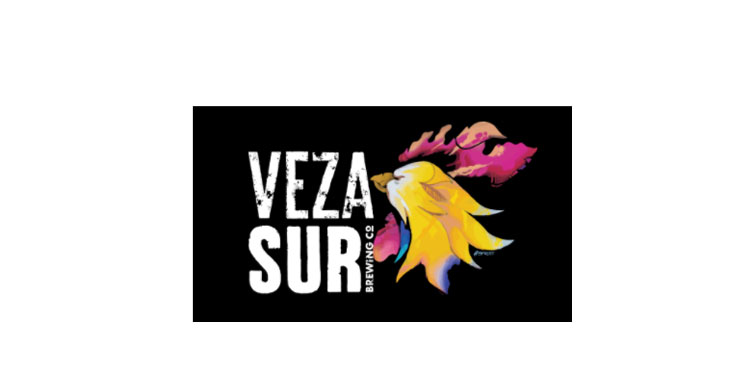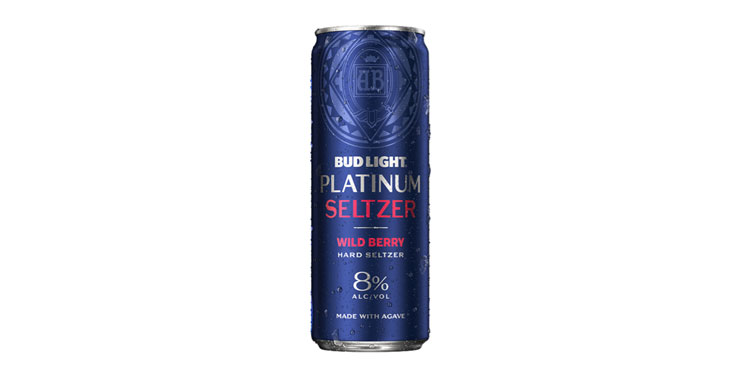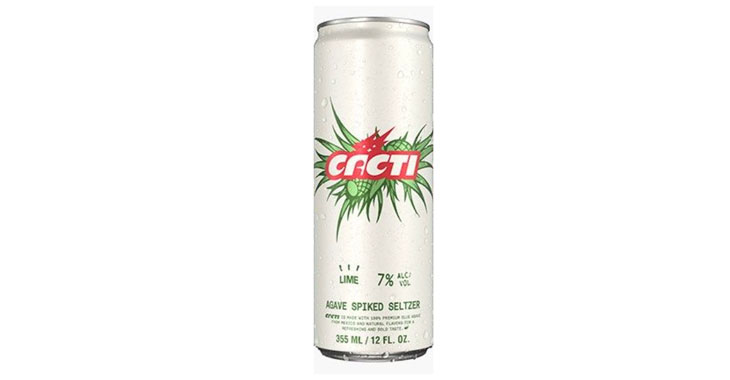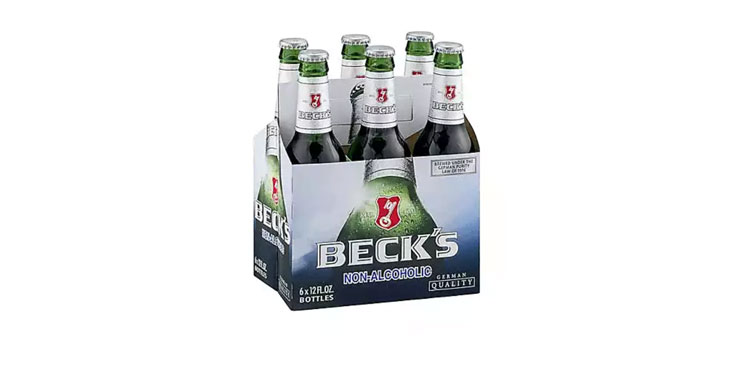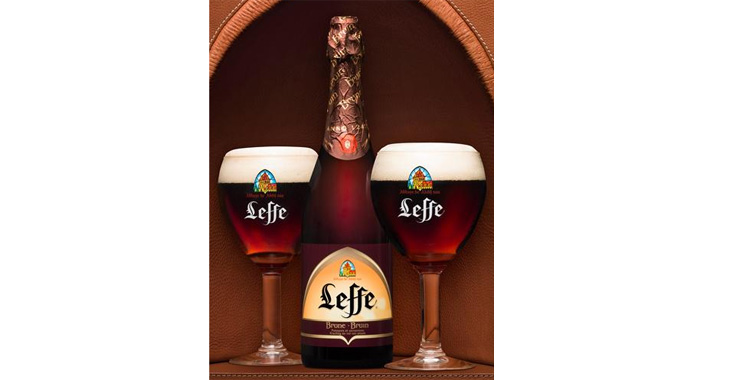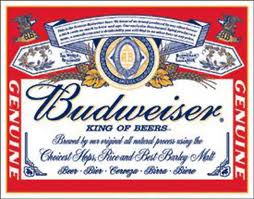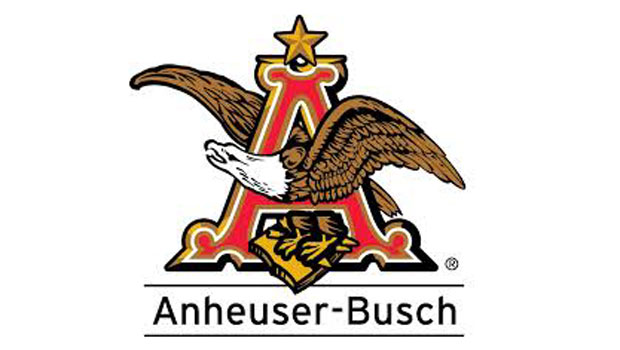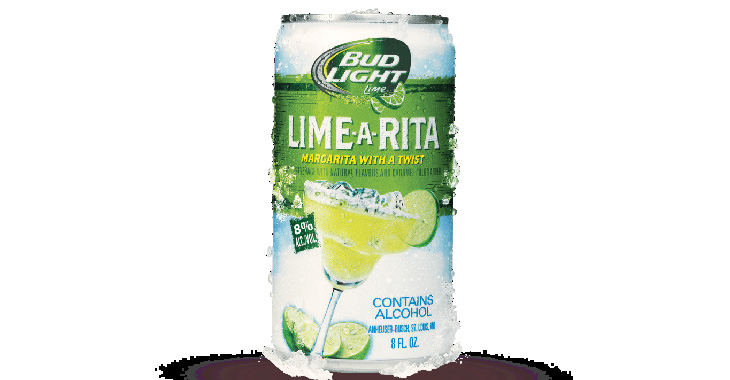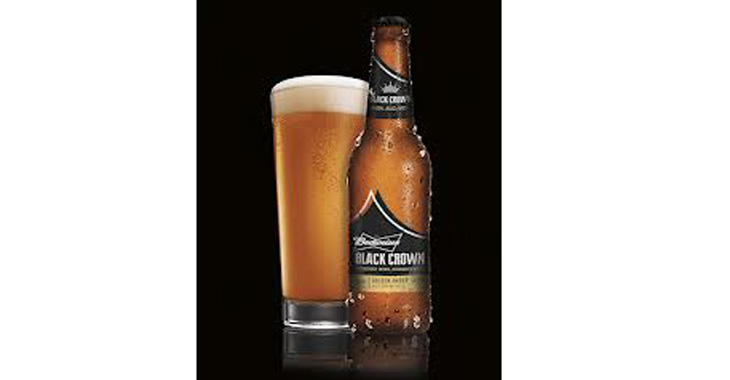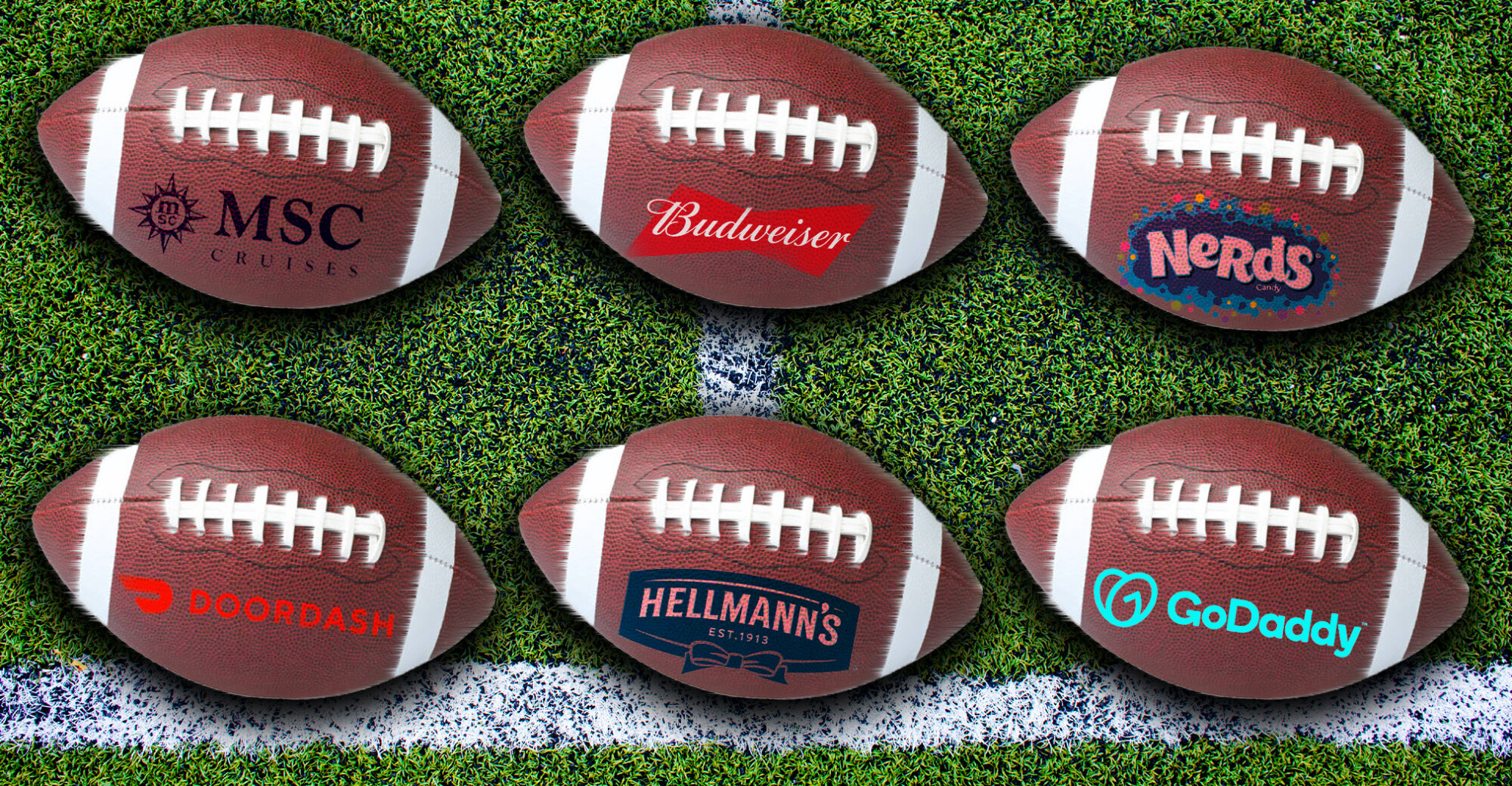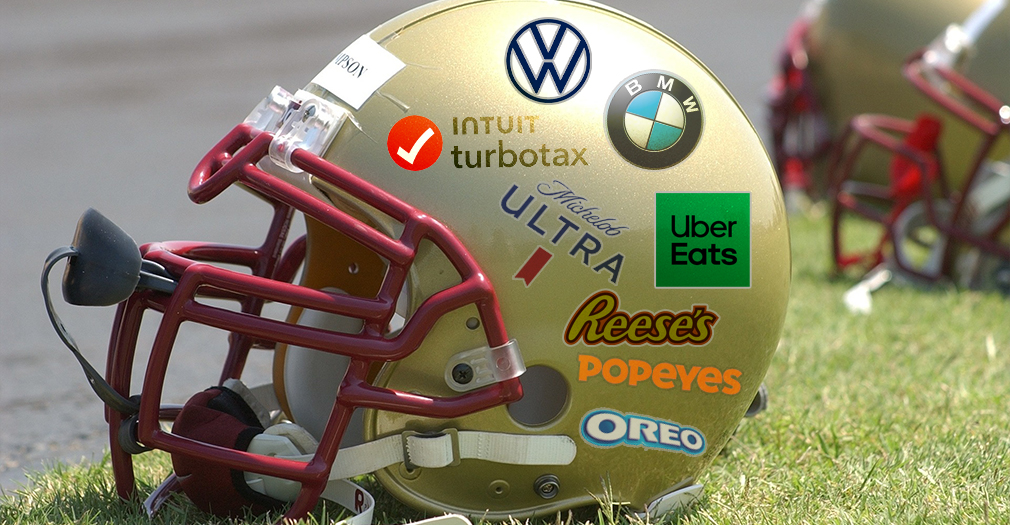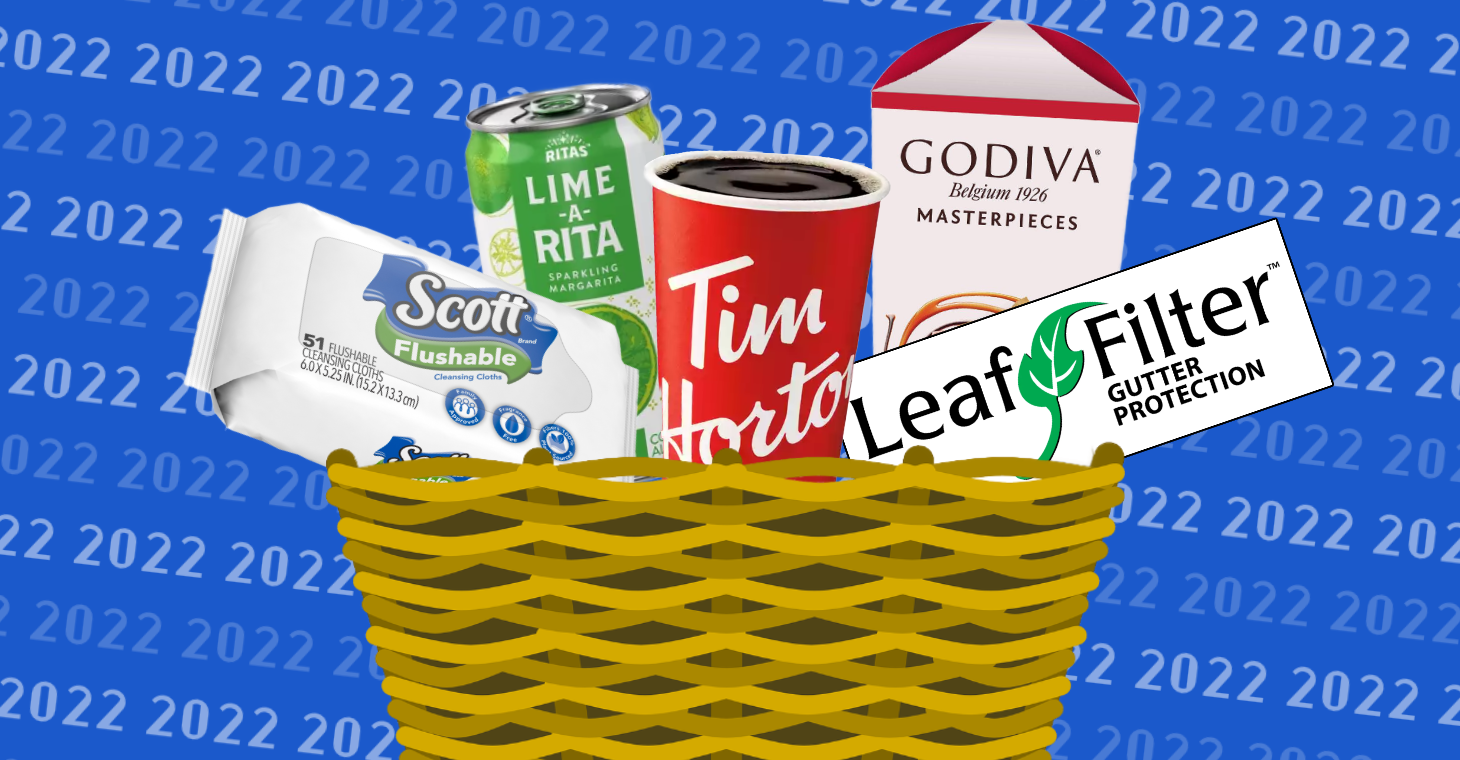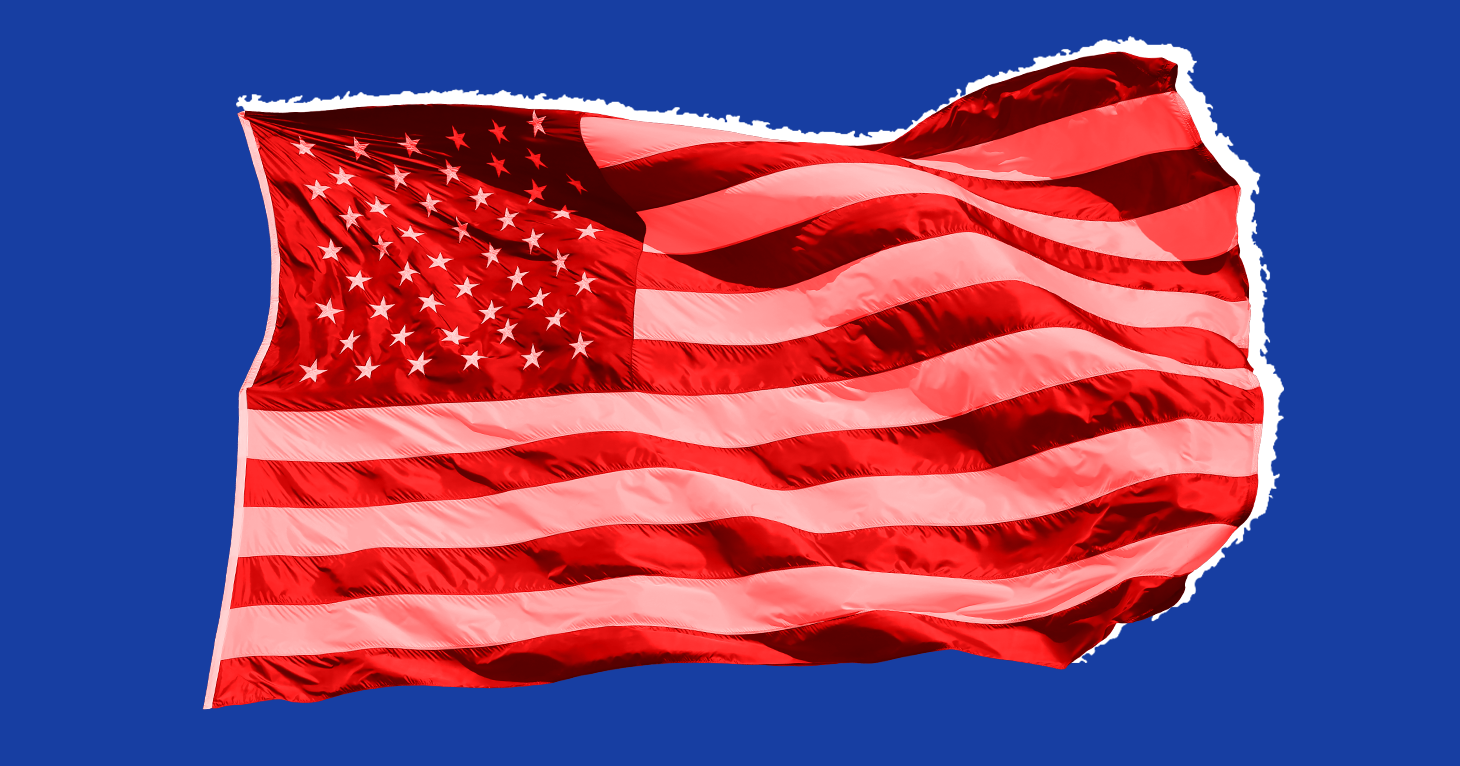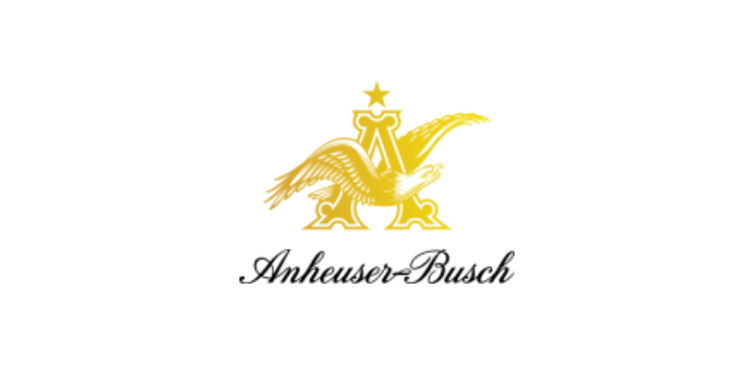
Anheuser-Busch
Allegations: Preventing consumers from leaving negative reviews on its website and app
In December 2014, a state judge preliminarily approved a settlement of a class-action lawsuit against Anheuser-Busch. The complaint, which was originally filed in 2013, claims that the company misleadingly markets Kirin beer as being imported from Japan without adequately disclosing that it is actually brewed in the United States.
According to the settlement terms, class members may receive a $0.50 refund for every purchase of a six-pack of 12-ounce bottles, a $1 refund for every purchase of a 12-pack of 12-ounce bottles, and a $0.10 refund for every purchase of an individual bottle or can. Class members with proof of purchase may receive a maximum refund of $50 and class members without proof of purchase may receive a maximum refund of $12.
In addition, the company agreed to stop describing the beer as imported and to prominently display the phrase “Brewed under Kirin’s strict supervision by Anheuser-Busch in Los Angeles, CA and Williamsburg, VA” on the Kirin beer labels and packaging. (Suarez et al v. Anheuser-Busch Cos. LLC, Case No. 2013-33620-CA-01, Circuit Court of the Eleventh Judicial Circuit of Florida).
For more information about other class-action lawsuits filed against Anheuser-Busch and TINA.org’s coverage of the company, click here.
For more information about other class-action lawsuits regarding the misleading advertising of alcohol and TINA.org’s coverage of the issue, click here.
Allegations: Preventing consumers from leaving negative reviews on its website and app
Allegations: Falsely advertising the alcohol in Ritas drinks
Allegations: Misleadingly marketing that Veza Sur is a craft beer made in Miami with Latin roots when it is not a craft beer and has no authentic Latin roots and…
Allegations: Misleadingly marketing that beverages are made with agave to make consumers think they contain agave spirits when the ingredients list reveals they actually contain agave syrup as a sweetener
Allegations: Misleadingly marketing that beverages are made with agave to make consumers think they contain agave spirits when the ingredients list reveals they actually contain agave syrup as a sweetener
Allegations: Falsely advertising that beverages don’t contain any alcohol
Six big game marketers that have been accused of fumbling ad claims.
Lawsuits take aim at so-called non-disparagement clauses.
Several of this year’s Super Bowl advertisers have run into legal trouble for alleged deceptive marketing.
Five class-action settlements that left consumers behind in 2022.
A closer look at the who, what, when, where and why.
